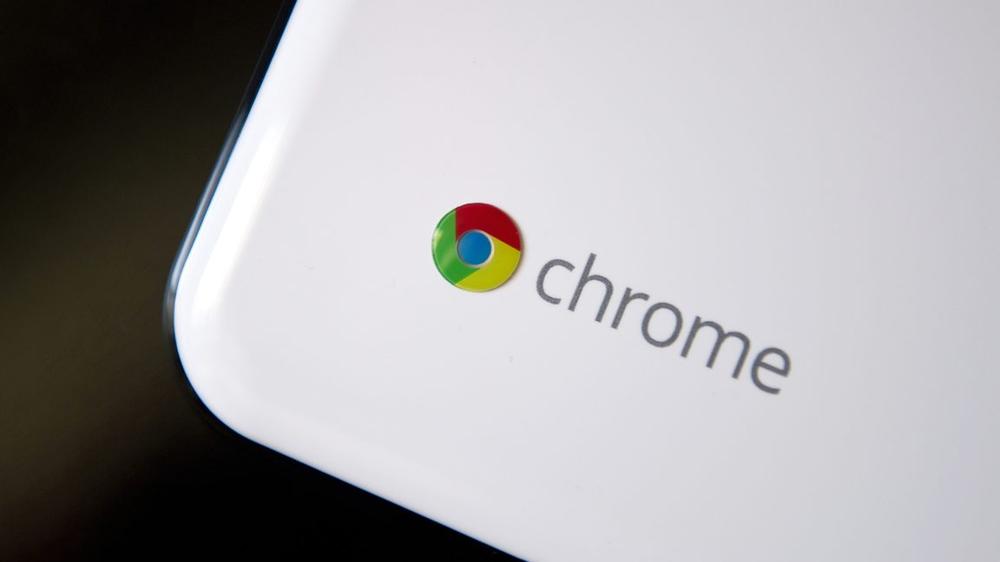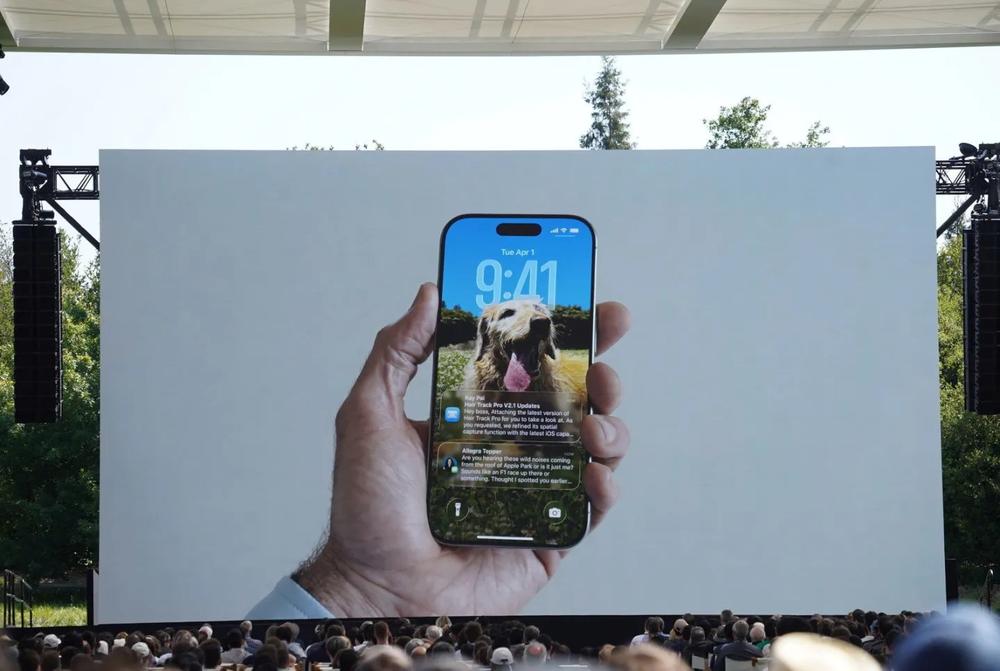Bad news if you're one of the handful of people using Steam to play games on a Chromebook: Google and Valve are preparing to end support for the still-in-beta ChromeOS version of Steam on January 1, 2026, according to 9to5Google. Steam can still be installed on Chromebooks, but it now comes with a notice announcing the end of support.
“The Steam for Chromebook Beta program will conclude on January 1st, 2026," reads the notification. "After this date, games installed as part of the Beta will no longer be available to play on your device. We appreciate your participation in and contribution to learnings from the beta program, which will inform the future of Chromebook gaming.”
Steam originally launched on Chromebooks in early 2022 as an alpha that ran on just a handful of newer and higher-specced devices with Intel chips inside. A beta version arrived later that year, with reduced system requirements and support for AMD CPUs and GPUs. Between then and now, neither Google nor Valve had said much about it.
The Steam beta was one component of a "gaming Chromebook" push that Google made in 2022 and 2023. It saw the release of laptops with better hardware and high-refresh-rate screens and optimized versions of GeForce Now and Xbox Cloud Gaming. Google had reportedly been working to add Steam support to ChromeOS since at least 2020.
The Steam beta on Chromebooks suffered from limited game compatibility, despite supporting the Proton game compatibility layer that makes many Windows games run on Valve's Linux-based SteamOS. That's partly because of the slower, older, low-end chips that ship in most Chromebooks. Those processors include integrated graphics chips that are substantially slower than the integrated GPU in the Steam Deck or the ones in some higher-end Windows laptops.
Google has just 99 games on its list of titles that run well—mostly older and/or less-demanding games, including many with 2D instead of 3D graphics. Newer and more demanding games probably can run, thanks to Proton, but they aren't playable because of hardware limitations.
Google was testing Chromebooks with Nvidia GeForce GPUs at one point, and they were far enough along in their development that their boards were assigned codenames by ChromeOS developers. But those boards were quietly and unceremoniously dropped before anything could come of them.
It may be that the Steam project is winding down because of low usage or because Chromebooks don't have the hardware necessary to play games. But Google could also be trying to clean up stray ChromeOS-related projects as part of its (publicly stated but extremely vague) plans to merge Android and ChromeOS. In any case, it looks like most gaming on Chromebooks will continue to be cloud-based for the foreseeable future.

 2 Years Later, Starfield Looks Set to Actually Let You Fly From One Place to Another, Though Not Quite Like No Man's Sky
2 Years Later, Starfield Looks Set to Actually Let You Fly From One Place to Another, Though Not Quite Like No Man's Sky